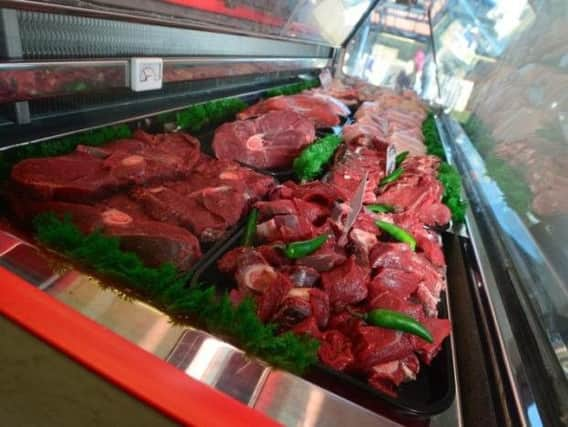Common sense on trade has to prevail over politics


However there is one big gesture that government could make that would cost it nothing, at this stage.
That is about our old nemesis – the problems in the Brazilian meat industry. Last year the focus was on the red meat industry and allegations of fraud and corruption by officials to allow the export of sub-standard meat. The EU, despite immense pressure from the farming lobby, stopped short of a blanket ban. It limited its response to the meat factories in the firing line. However the claims by the Brazilian industry that it has cleaned up its act are now being questioned. This follows reports that one of the big export players in the poultry industry has been using the same tactics to export meat that does not satisfy health standards. In response the EU has removed seven export companies from its list of approved suppliers, but the endemic scale of fraud and corruption in Brazil makes the case for a more aggressive approach.
Advertisement
Advertisement
This is an open goal for the pro-Brexit farming minister, Michael Gove. He has said he will not allow the import of food products that do not meet UK standards. He could steal a march over the EU, by saying that after Brexit he will adopt the precautionary approach and ban imports until UK vets are satisfied Brazil has put the problems of fraud and corruption behind it. An irony is that while the general public is worried about chlorine washed chicken from the United States, which is wholesome if unattractive, it accepts imports from countries whose standards really do need to be questioned.
The chances of this happening are slim. The bigger picture will always win out, and that applies in the UK as much as it does in the EU. Despite concerns about standards in Brazil, and the failure of its government there to solve these, this is not being allowed to blow off course plans for a free trade deal between the EU and the Mercosur countries in South America. This deal is close to being confirmed, and it will allow special tariff access for 100,000 tonnes of Brazilian beef. The problems that have surfaced in the Brazilian poultry industry are being seen as an inconvenience to be set to one side, so that the trade boat is not rocked.
The UK could show now that after Brexit it will put the interests of UK consumers first, but we will get words rather than action. When the prospect of a post-Brexit trade deal for the UK with those same Mercosur countries is on the table, the government will sign up at all costs. Like the view now in Brussels the problems of dodgy meat will be an inconvenience to be set to one side. Anyone who believes differently probably also believes they will win the lottery tonight, on the basis of their calculations of probability.
We need to get away from the delusion that we can have pain free trade deals with countries outside the EU, or that they will accept we do not want their food because we want EU quality standards. Ask any business, and they will confirm that trade works best when you sell into your closest market that offers good prices. That is why Ireland’s biggest food export market is the UK – and it is why we have done well, selling into the EU-27. Profit comes from good prices for high quality food, rather than commodity markets, and from minimising transport costs and avoiding duties. That is the attraction Margaret Thatcher saw in the EU single market when she was one of those driving its creation and efficient working.
Advertisement
Advertisement
A recent report put at £9 billion the cost to agriculture and food of a hard Brexit. Of that cost, £6 billion would fall on the EU-27.
Tariffs on imports to the UK would be a disaster for key member states, including the Netherlands, Ireland, France, and Germany. Ireland’s biggest export market would suffer a blow that would be felt across the entire economy. This is why, when it comes to trade, common sense has to prevail over politics.